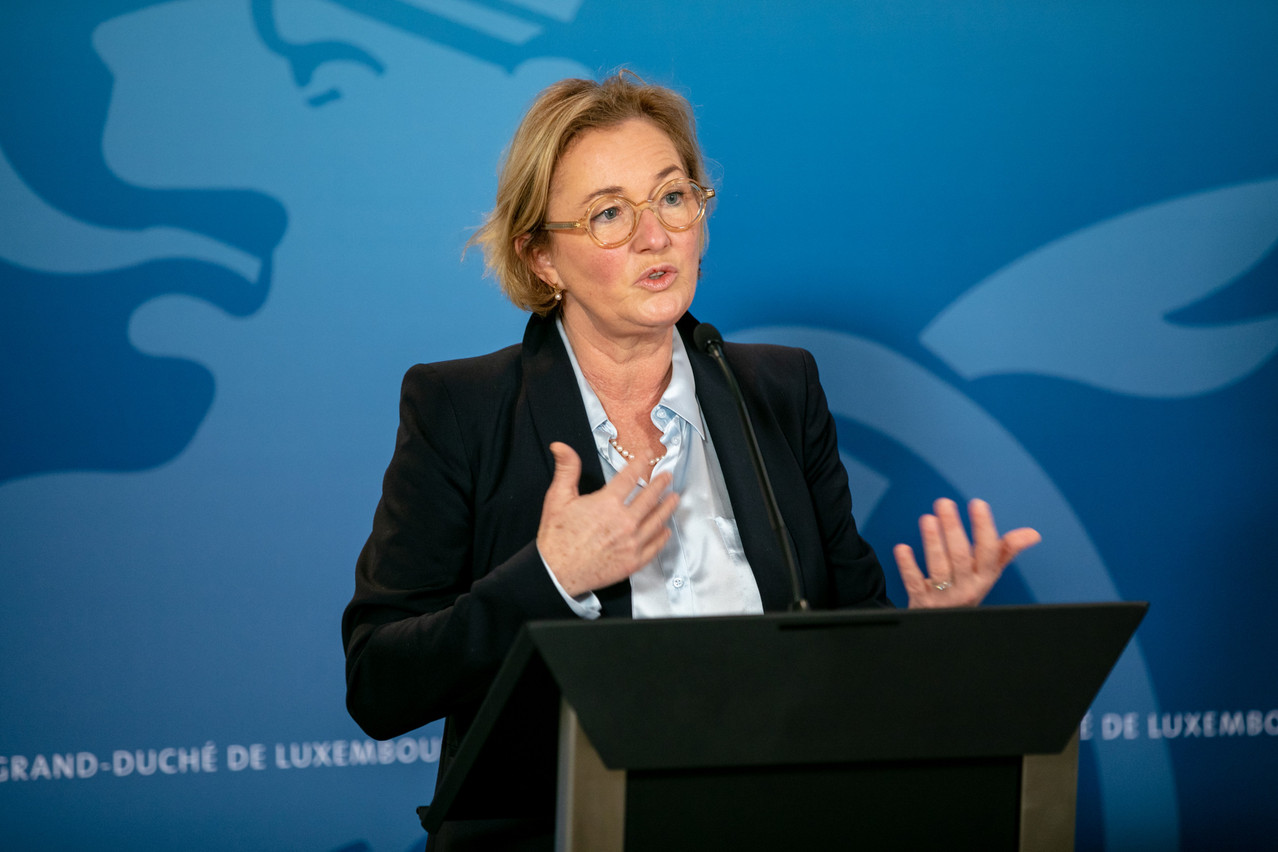The Centre medical Potaschberg, which includes a magnetic resonance imaging (MRI) machine, was in Grevenmacher, leading to disagreements between the centre and the ministry of health.
The agreement signed on 23 December makes the Potaschberg medical centre a new branch of the CHL’s medical imaging department as part of a pilot project, thus resolving the situation. Moreover, patients will be reimbursed for MRIs conducted at the centre starting from 1 January 2023, but also retroactively for scans that had taken place since its opening.
According to a 2018 law, diagnostic centres and radiological platforms like MRIs can only be operated by hospitals. The centre was therefore operating illegally, according to the ministry.
Read also
Health minister (LSAP) stated that she is relieved “that an agreement within the framework of the legal provisions in force, has been reached between the CHL and the operator of the radiological platform at the Potaschberg Medical Centre.”
Under the pilot project, the state will provide lump sums for certain activities that are carried out by the centre.
The Potaschberg medical centre is an example of “a collaborative approach between an ambulatory centre managed by doctors and the operation of a medical imaging unit in close collaboration with the CHL,” Lenert added.
Ambulatory care includes providing services such as diagnosis, treatment or rehabilitation to people as outpatients, meaning they do not go to a hospital for medical care. With the MRI machine hosted by the Potaschberg medical centre, which should increase access to healthcare in the eastern part of the country and reduce wait times for scans, Luxembourg now counts 12 MRIs in total.
